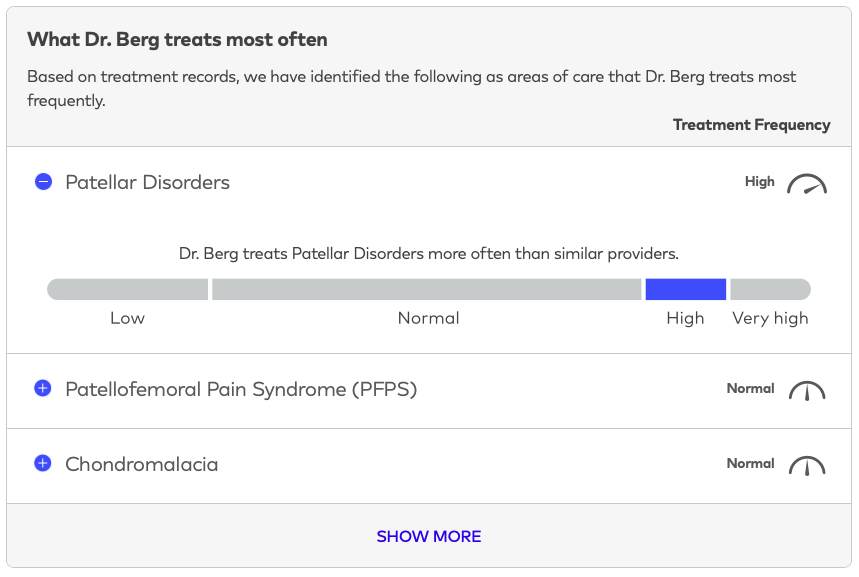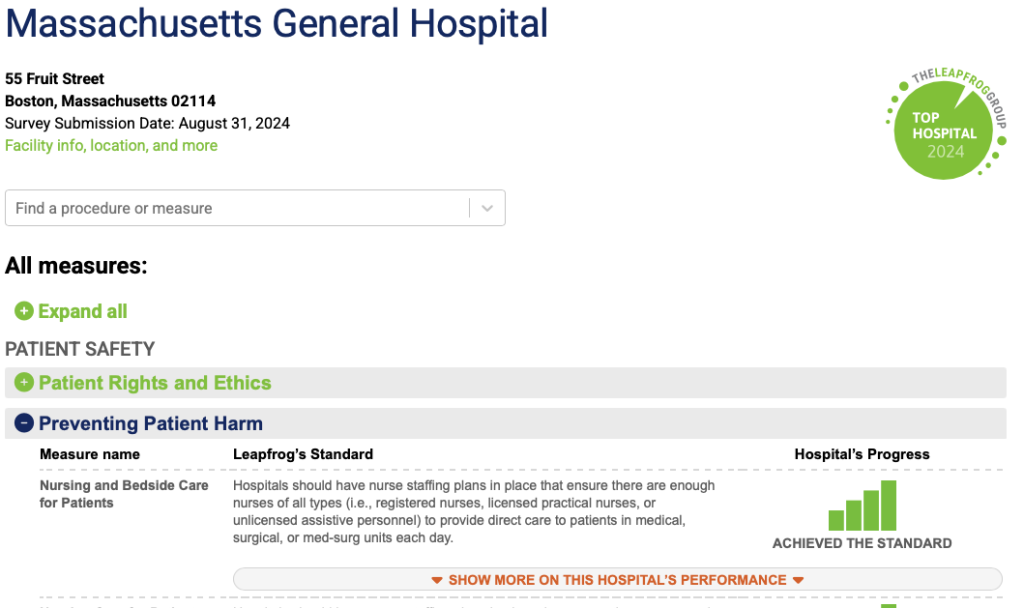We’ve all been there – you need to find a new doctor, but you’re not sure where to start. Maybe you’ve moved to a new city, or perhaps you need a specialist for a specific health condition. Whatever your reason, finding the right doctor can feel overwhelming. While some companies offer services to help match patients with doctors, these services are usually only available if your employer provides them as part of your benefits package. Don’t worry, though – there are some practical steps you can take to find a doctor who’s right for you.
Look for someone with experience treating people like you
When choosing a doctor, one of the most important things to consider is their experience, especially with your specific health needs. Think of it like any other skill – the more practice someone has, the better they usually become at handling different situations that might come up.
For Common Health Issues and Procedures
If you’re looking for a doctor to treat a common condition or perform a routine procedure, websites like Healthgrades.com can be really helpful. These websites let you see how often a doctor treats patients with conditions similar to yours. While seeing more patients doesn’t automatically make someone a better doctor, experience usually helps. A doctor who regularly treats your condition will likely be familiar with the latest treatments and know how to handle any complications that might arise.
On Healthgrades, scroll down to the Experience section, where you can compare how often a doctor treats your condition.

For Less Common Conditions
If you have a rare condition, you might need to dig a little deeper. Here are some ways to find specialists:
- Try searching online for doctors or medical centers that focus on your specific condition
- Look for doctors at teaching hospitals (hospitals connected to medical schools), as they often have experience with unusual cases
- Ask support groups or online communities for people with your condition for recommendations.
There are many online communities that bring together people with similar medical conditions to share information. Website’s like patientslikeme.com could be a good place to start.
What About Patient Reviews?
Patient reviews on websites like Healthgrades can give you useful insights, but it’s important to read them thoughtfully. Think of them like restaurant reviews – one bad experience doesn’t necessarily mean the restaurant is terrible, but if lots of people mention the same problems, it might be a red flag. Look for patterns in what people say, both good and bad.
Make Sure Your Doctor is Qualified
Before you schedule an appointment, it’s important to verify that your doctor has the right qualifications. This might sound complicated, but there are some user-friendly websites that make it easy.
Checking Credentials Made Simple
The website docinfo.org is a great place to start. Think of it as a background check for doctors. You can verify:
- If their medical license is current (this is their permission to practice medicine)
- If they’re board-certified (this means they’ve completed extra training in their specialty area)
- If they’ve ever had any serious problems that led to disciplinary action
Being “board-certified” means a doctor has gone above and beyond basic medical training to become an expert in their specialty. For example, a board-certified cardiologist has completed additional training specifically focused on heart health.
Your State’s Medical Board Website
Each state has its own medical board that keeps track of doctors licensed to practice there. You can find your state’s website by searching Google or at fsmb.org. These websites typically tell you:
- If the doctor’s license is active
- If there have been any complaints or legal issues
- If there have been any malpractice cases
When it comes to malpractice cases (when a patient sues a doctor for making a serious mistake), it’s important to understand the context. Some types of doctors, like surgeons or obstetricians, are more likely to face lawsuits simply because their work involves more risks. If you see that a doctor has had malpractice cases:
- Compare them to other doctors in the same specialty
- Look at when the cases happened
- See if there’s a pattern or if it was just one incident
- Remember that these cases can take years to resolve, so the information might be old
Make Sure Your Insurance Covers the Doctor
Even if you find a great doctor, they need to be covered by your insurance plan to avoid unexpected bills. Here’s what to do:
- Look up the doctor on your insurance company’s website
- Call the doctor’s office and ask if they take your insurance
- Ask if you need a referral from another doctor to see them (this is common for specialists on some health plans)
- Find out what you’ll need to pay for visits (this is often called your “copay” or “coinsurance”)
Check Out Hospitals and Medical Centers
The quality of the hospital or medical center where your doctor works is also important. While it can be hard to find good information about medical facilities, there’s a helpful website called Leapfrog that rates hospitals on things like:
- Safety measures
- Quality of care
- Number of staff compared to patients
- How well they prevent infections
- How well patients do after procedures

Another good source of information is the Medicare Care Compare website. This website lets you look up providers and medical facilities and includes a variety of quality measures and other information that may be useful.
Making Your Final Choice
While there’s no perfect way to choose a doctor, considering all these factors can help you make a good decision. Here’s a simple checklist:
- Do they have experience with your health needs?
- Are they properly certified for their specialty?
- Have there been any serious problems in their history?
- Do other patients generally have good experiences with them?
- Do they take your insurance?
- Do they work at a well-rated hospital or medical center?
Remember to also think about practical things like:
- How well they explain things (do they use language you can understand?)
- How easy it is to get to their office
- How long it takes to get an appointment
- How helpful their office staff is
- How comfortable you feel with them
A Note About Employer Programs
Some employers offer special services through companies like Accolade, Garner Health, and Included Health that can help you find doctors. If your employer offers these services, they can be a great resource.
Wrapping Up
Finding the right doctor takes some time and research, but it’s worth the effort. While you might not be able to find perfect information about every doctor, following these steps can help you make an informed choice. Remember that it’s okay to:
- Ask questions during your first visit to make sure you feel comfortable
- Get a second opinion if you’re unsure about a diagnosis or treatment
- Switch to a different doctor if you’re not happy with your care
The most important thing is to take an active role in choosing your doctor. By following these steps and using the resources available, you can find someone who not only has the right qualifications but is also a good fit for your specific needs.
Remember to double-check that the doctor takes your insurance and is accepting new patients before making your final decision. Don’t be afraid to ask questions during your first visit – a good doctor will welcome them and take time to answer them clearly.
I hope it goes without saying, but these steps are ones I’ve found helpful in my professional and personal life. They don’t guarantee that care will be covered, that the doctor will be a good match, etc.
Leave a Reply